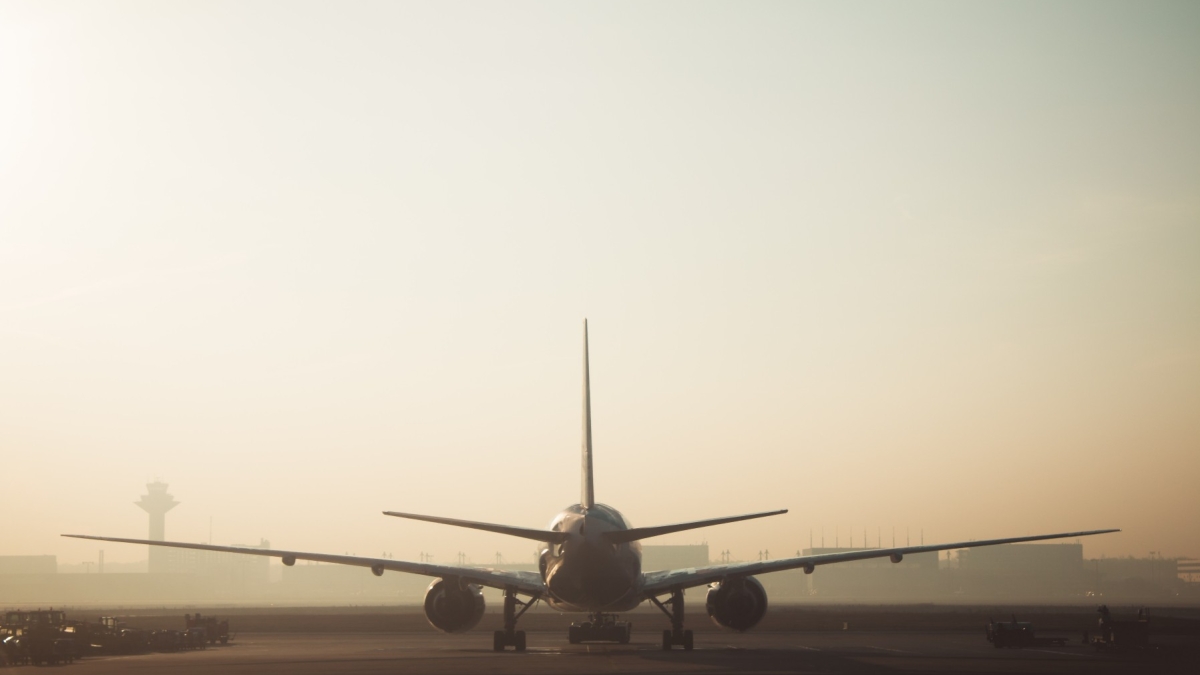
Cautious Northeast Asia travel rules ground Singapore aviation sector
China, Japan, and Taiwan still have strict health policies.
The stringent border measures implemented in Northeast Asian markets, including China, Taiwan, and Japan, hamper the full recovery of Singapore's aviation industry, said financial services firm UOB KayHian.
Despite air traffic recovery in the Americas, Europe and Southwest Pacific routes, Singapore's air travel recovery cannot reach "full potential" because China is still enforcing its “Dynamic Zero-COVID-19 policies” whilst Japan and Taiwan are reopening but are still cautious.
“Japan has reopened its borders to travellers on guided tours from 10 June 2022 but remains closed to individual travellers. Taiwan has also loosened its border control recently, allowing entry by international travellers from 15 Jun 2022, but with a cap of 25,000 visitors per week,” read the report.
Japan and Taiwan still require pre-departure and on-arrival tests, as well as mandatory quarantines.
There may be pent-up air travel demand across Asia-Pacific markets, including Singapore, but this will wane in the longer term due to the continued price hike in jet fuel, UOB KayHian warned.
Crude oil prices are on a “sharply rising trend,” following the inflation and supply disruptions brought about by the Russia-Ukraine unrest. With this, jet fuel prices are over $249.8 (US$180) per barrel of crude oil, the highest since 2008.
“Whilst we believe that the strong pent-up air travel demand being fulfilled currently and in the upcoming months would be relatively more inelastic to higher airfares, a sustained high jet fuel price (and the resultant high airfares) may eventually dampen the air travel demand in the longer term,” read the report.
Other analysts have also reported that high jet fuel prices will offset Singapore Airline’s strong revenue.
























 Advertise
Advertise






